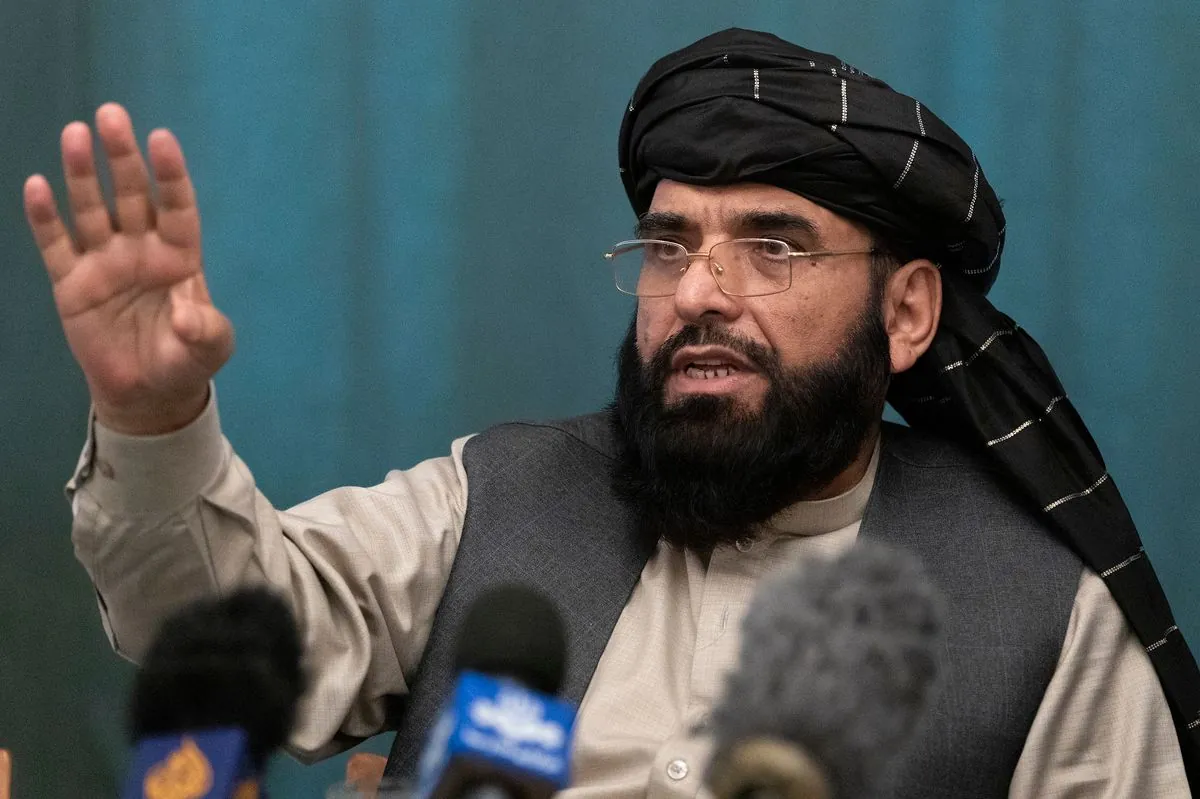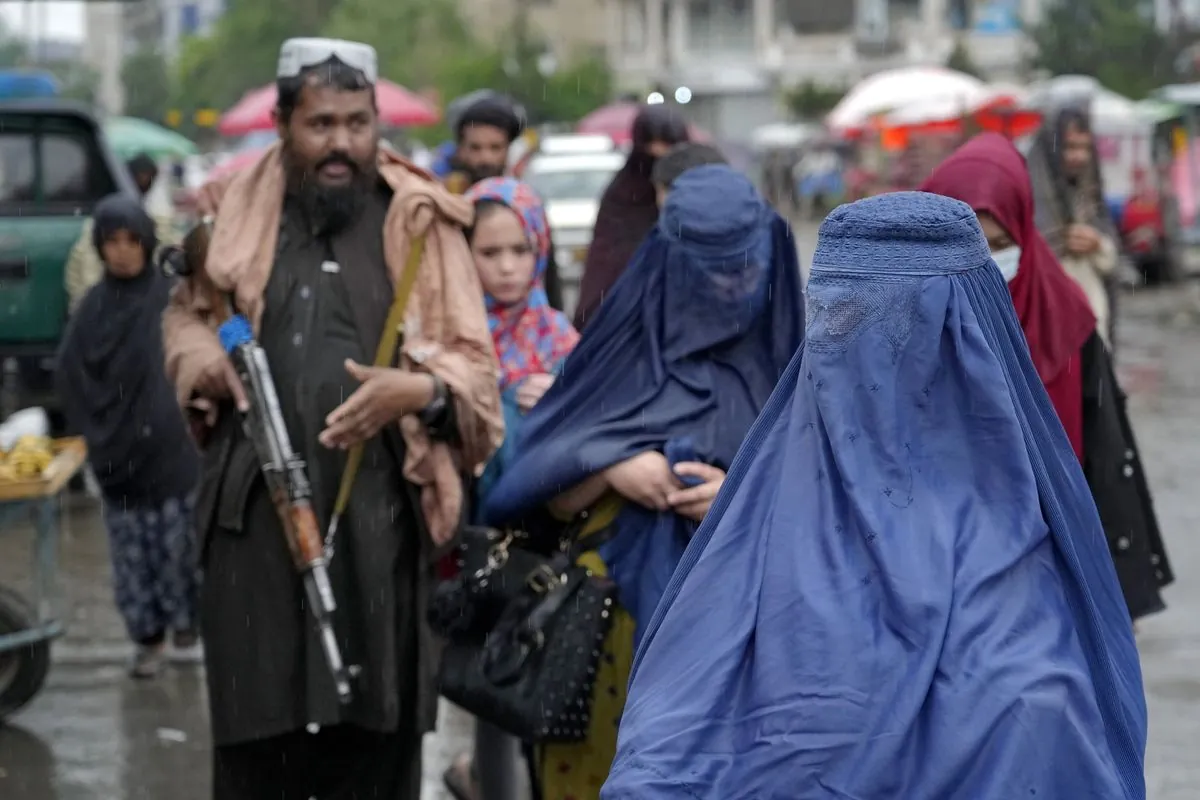Taliban Defends New Restrictions on Women, Dismissing UN Criticism
Taliban rejects UN concerns over new laws restricting women's rights in Afghanistan. Spokesman urges understanding of Islamic values, while UN mission head warns of "intolerable restrictions" on women and girls.

In a recent development, the Taliban administration in Afghanistan has dismissed concerns raised by the United Nations regarding newly implemented vice and virtue laws. These regulations, which came into effect on August 14, 2024, impose stringent restrictions on women's appearance and behavior in public spaces.
Zabihullah Mujahid, the primary spokesperson for the Taliban government, responded to the criticism by emphasizing the importance of understanding Islamic Sharia law. He stated, "We urge a thorough understanding of these laws and a respectful acknowledgment of Islamic values. To reject these laws without such understanding is, in our view, an expression of arrogance."
The new regulations mandate that women conceal their faces, bodies, and voices when outside their homes. Additionally, they prohibit the display of images depicting living beings, including photographs. These measures have sparked international concern, particularly from the United Nations Assistance Mission in Afghanistan (UNAMA).
Roza Otunbayeva, who leads UNAMA, expressed deep apprehension about the implications of these laws. She described them as providing a "distressing vision" for Afghanistan's future, extending "already intolerable restrictions" on women's and girls' rights.
"After decades of war and in the midst of a terrible humanitarian crisis, the Afghan people deserve much better than being threatened or jailed if they happen to be late for prayers, glance at a member of the opposite sex who is not a family member, or possess a photo of a loved one."
The Taliban's stance on women's rights has been a subject of international scrutiny since their return to power in August 2021. Afghanistan, with its rich cultural heritage and challenging geography, has faced numerous conflicts over the past four decades, significantly impacting its social and economic development.

Despite international pressure, the Taliban remains committed to enforcing its interpretation of Sharia law. This approach has raised concerns about the future of women's education and participation in public life, especially considering Afghanistan's young population and low literacy rates.
The ongoing situation highlights the complex interplay between traditional Islamic values, international human rights standards, and the challenges of governance in a country with a history of conflict and foreign interventions. As Afghanistan continues to grapple with these issues, the international community watches closely, hoping for a resolution that respects both cultural values and universal human rights.


































